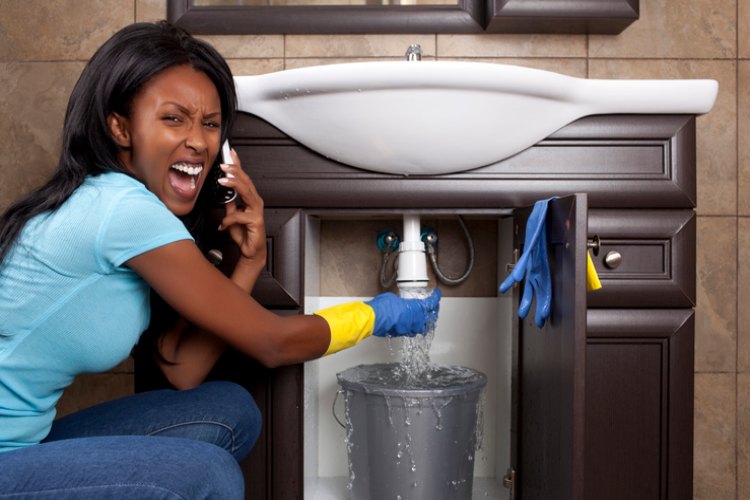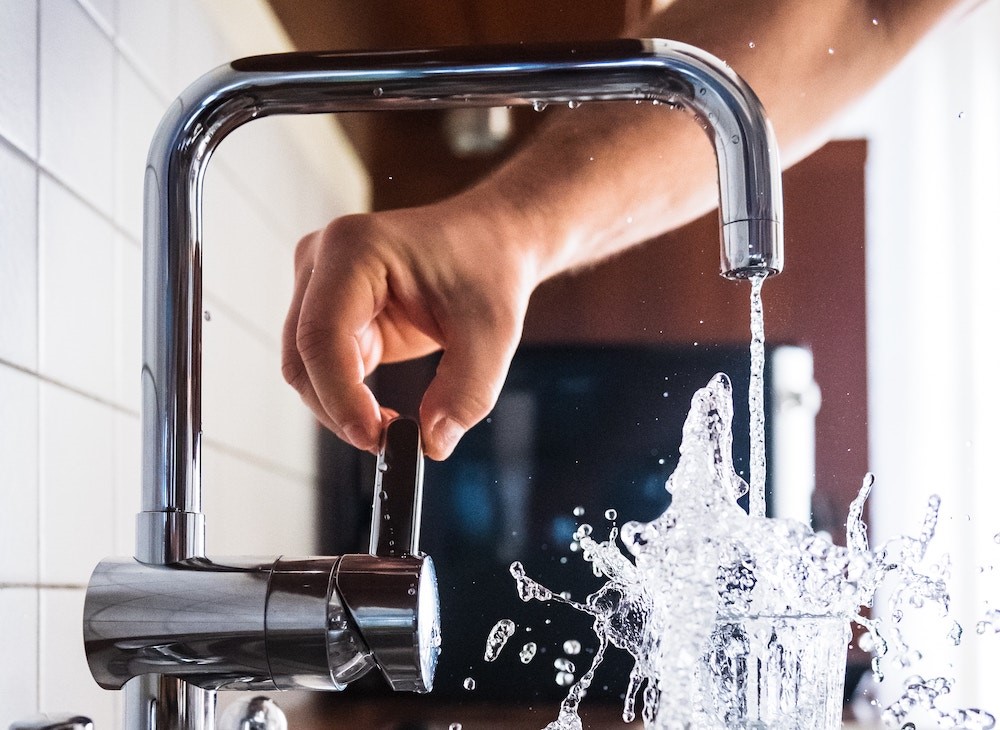Immediate Pipe Repair Solutions for Urgent Issues Until Support Arrives
Immediate Pipe Repair Solutions for Urgent Issues Until Support Arrives
Blog Article
What are your opinions with regards to Expert Tips for Emergency Plumbing Repairs?

Plumbing emergency situations can strike any time, causing anxiety and possible damage to your home. Whether it's a burst pipe, a clogged up drainpipe, or a leaky faucet, recognizing how to handle the circumstance till a professional plumbing shows up can conserve you from more complications. This short article offers necessary emergency situation plumbing tips to help you reduce damages and gain back control throughout a pipes crisis.
Shut off the Water
The very first step in any type of pipes emergency situation is to shut down the water. For local concerns, such as a leaking faucet or toilet, turn off the valve near the fixture. In the case of a major leak or burst pipe, locate your home's major water shut-off shutoff and transform it off quickly. Recognizing the place of these valves beforehand can conserve beneficial time throughout an emergency situation.
Turn off Your Water Heater
In certain emergencies, such as a ruptured pipeline, it's a good idea to shut off your water heater. This protects against getting too hot or damage to the unit when water quits streaming. Shut off the power supply to the water heater (electrical or gas) and allow it cool down to prevent potential hazards.
Momentarily Quit a Ruptured Pipe
A burst pipeline can bring about substantial water damages in minutes. To mitigate the issue:
Call a professional plumbing professional promptly to attend to the problem completely.
Have an Emergency Situation Plumbing Kit
Prepare a standard plumbing emergency package to manage minor concerns successfully. Your kit ought to include:
Having these devices available can make a substantial distinction in your ability to take care of emergencies.
Unclog Drains Pipes Safely.
A clogged drainpipe can be an aggravating and unpleasant problem. Below's how to tackle it:.
If these techniques don't work, prevent making use of excessive force, as it might get worse the blockage.
Handle Overflowing Toilets.
An overruning commode can cause immediate turmoil. Below's what you need to do:.
Address Small Leaks with Short-term Solutions.
Small leaks can quickly become significant problems if left unattended. Utilize these short-term repairs up until expert assistance shows up:.
While these solutions aren't long-term, they can assist reduce water loss and damage.
Handle Frozen Pipes Meticulously.
In cooler environments, icy pipes are an usual emergency situation. If you think a frozen pipeline:.
Know When to Call a Professional.
While quick fixes can help momentarily, specific plumbing concerns need immediate specialist interest. Call a plumbing if:.
Immediately getting in touch with a specialist makes sure the issue is settled correctly and protects against additional difficulties.
Stop Further Damages.
Taking quick activity to minimize damages can save you money and time in the long run. Right here's how:.
Conclusion.
Pipes emergencies can be overwhelming, yet with the right knowledge and tools, you can take care of the situation effectively up until aid arrives. By shutting off the water, addressing little leakages, and using short-term solutions, you can minimize damage and maintain your home safe. Bear in mind, these tips are short-term remedies; always speak with an accredited plumbing professional to deal with the source of the issue. Prep work and fast reasoning are your best allies in any type of pipes emergency situation.
8 Helpful Tips for Managing Plumbing Emergencies at Home
If your plumbing system hasn’t failed once, wait for it because almost everyone has a story to tell. Sometimes, it could be simple emergencies such as a leaking pipe, a blocked cistern, or even a big burst pipe. In situations like this, you need to have some handy tips to save you some money and from possible damages.
Take care of minor issues early.
Sometimes, you could have avoided an emergency by taking proactive measures while it was still early. Some major plumbing emergencies can be a result of an ignored minor issue. We recommend that you have items like plumbing tapes and other related items. A plumbing tape can allow you to manage minor leaks before the plumber arrives.
Cut off the water supply.
This tip is essential in almost any type of leakage problem. For problems like minor leakages in the toilet or kitchen, turn off the supply that takes water to the affected pipes. If the leakage is a major pipe, you must shut off the supply valve to the entire building. This will help you avoid flooding your home and neighbors if you share a flat.
Know your plumbing system
Folks typically move into a new apartment without understanding the water supply around the building. This can prove disastrous if a water emergency arises and the plumber is far away. The previous tip will prove useless if you don’t practice this one. More importantly, know where your water shut-off valve is located – you’ll need that knowledge to prevent potential home floods.
Have some common handy tools
There are lots of plumbing emergencies that you can handle without hiring a plumber. That’s why you must keep some tools available always. Some tools that you can use to fix simple plumbing emergencies easily include plumbing tapes, screwdrivers, thread seal tapes, plungers, pliers, tape measures, and rubber gloves.
Insulate your pipes from cold
You’ll save yourself from many plumbing expenses if you protect your water pipes from the cold. This is because of the harmful effects that cold weather can have on your pipes. During winter, your pipes can burst from being overly expected to freezing temperatures. So, make sure insulators are there to keep the pipes working correctly.
Avoid practices that will clog your toilet.
Many people indulge in practices that can damage the plumbing system of the entire building. One of these is when they use their toilet to dispose-off garbage. They flush all kinds of things, such as paper towels, bandages, hairs, female sanitary products, etc., down the toilet. This will block your toilet in the long run, incurring unnecessary expenditures. Dump such waste in the trash instead.
Check your dials regularly.
Sometimes, there could be leakages in your home without noticing them in time. So, constantly monitor your water meter dial. If the dial is reading when there is nobody using water, this is an indicator that there is leaking. Check for leaks immediately. Call a plumber as soon as possible if you can’t find any.
https://www.constructionplacements.com/8-helpful-tips-for-managing-plumbing-emergencies-at-home/

As a fervent reader on Expert Tips for Managing a Plumbing Emergency Until Help Arrives, I thought sharing that excerpt was a good idea. Sharing is caring. Helping people is fun. Thanks a lot for your time invested reading it.
Call Today Report this page